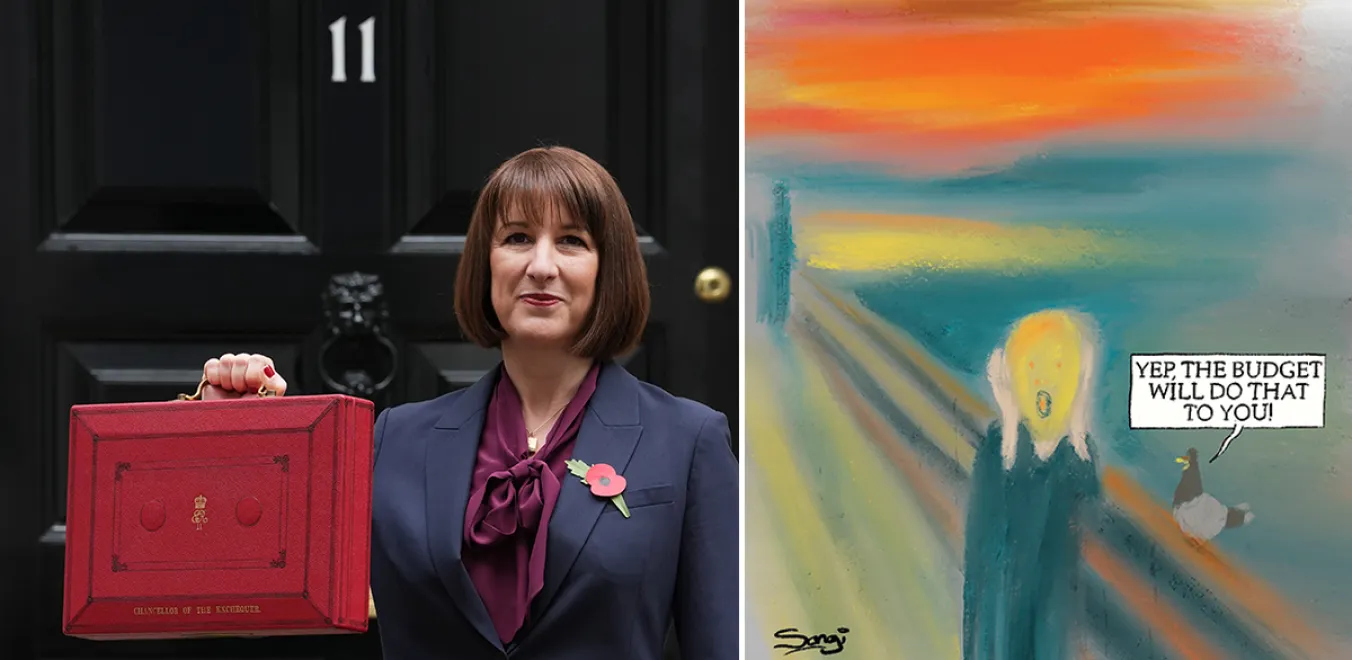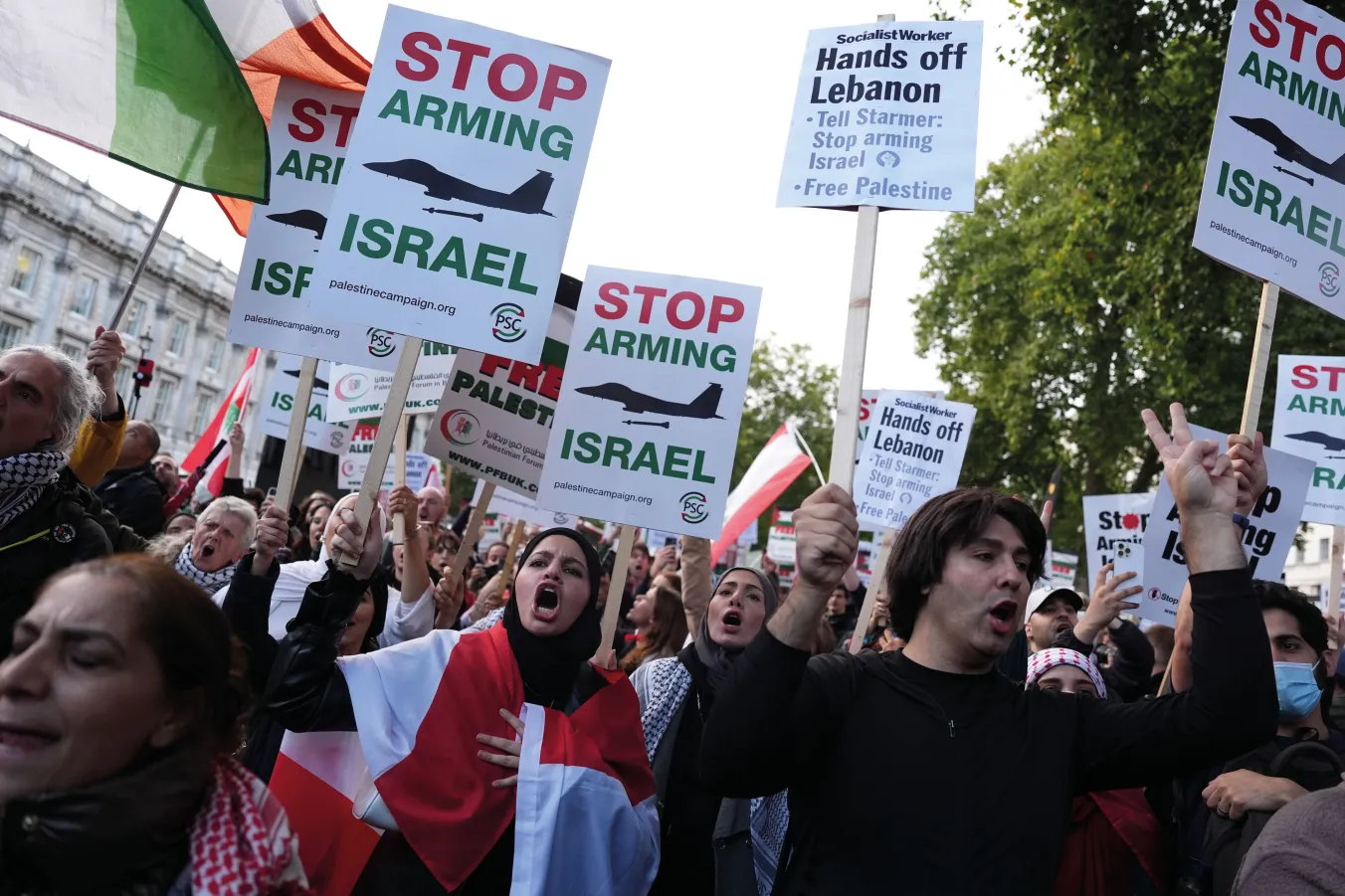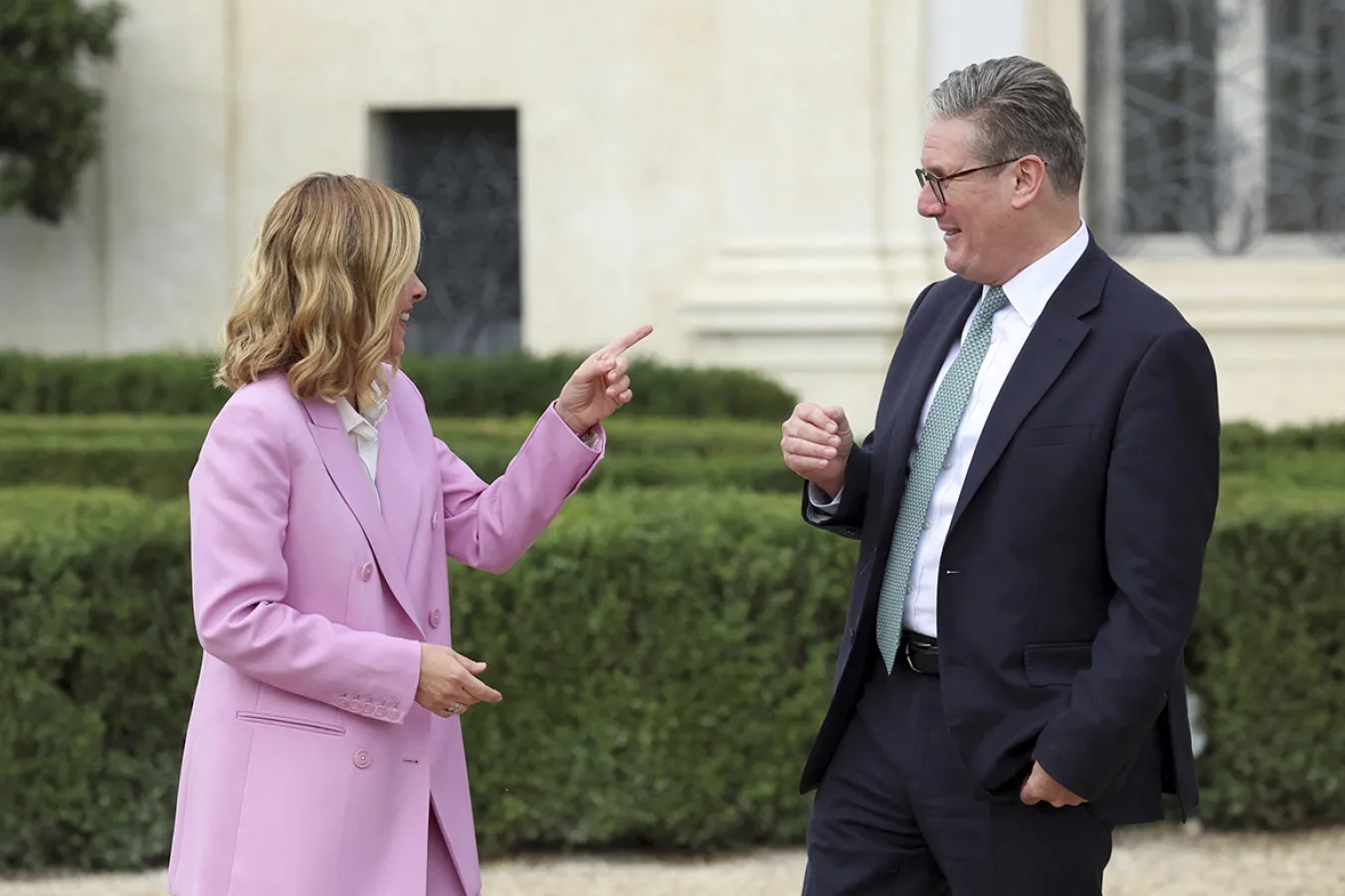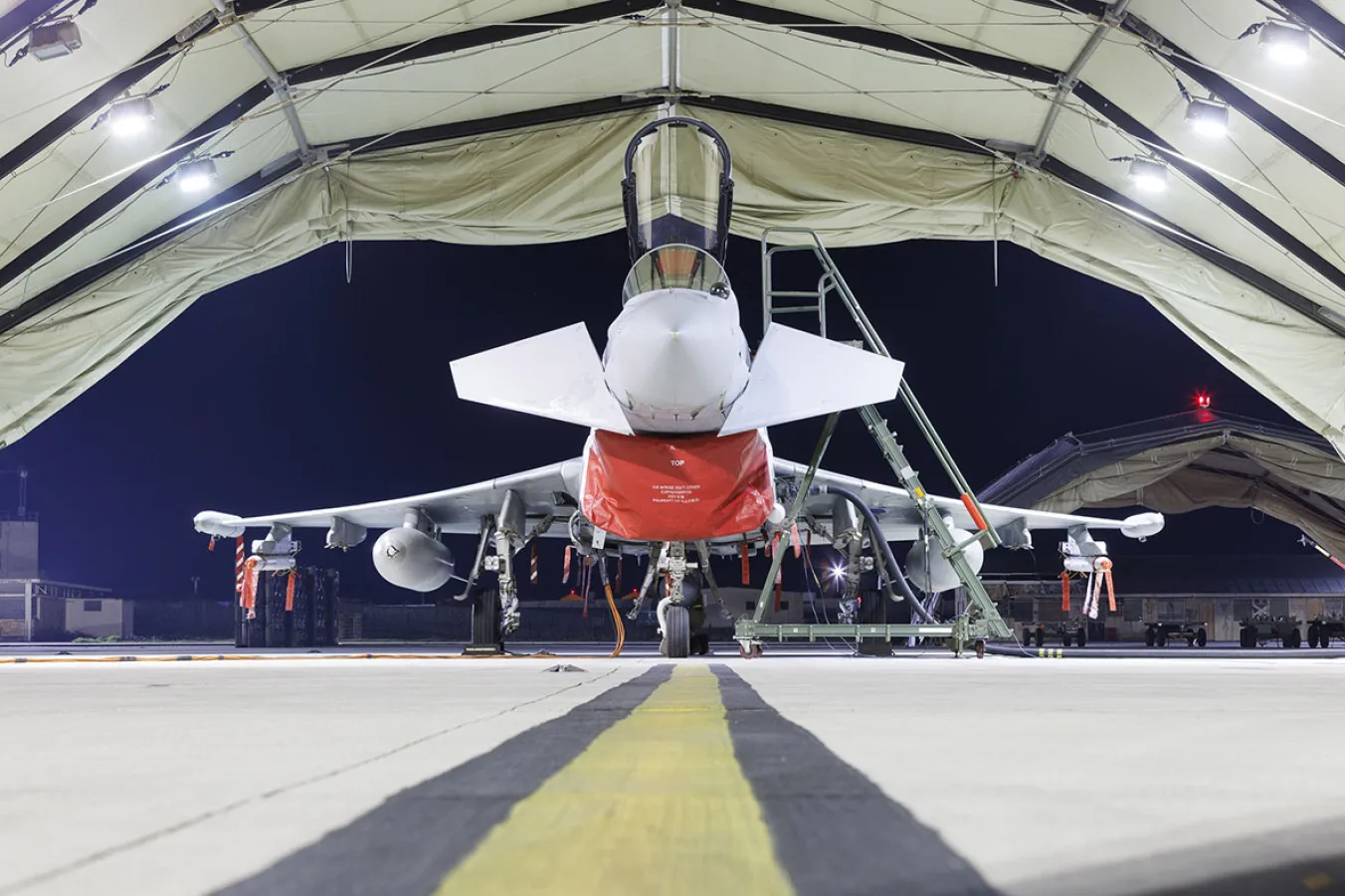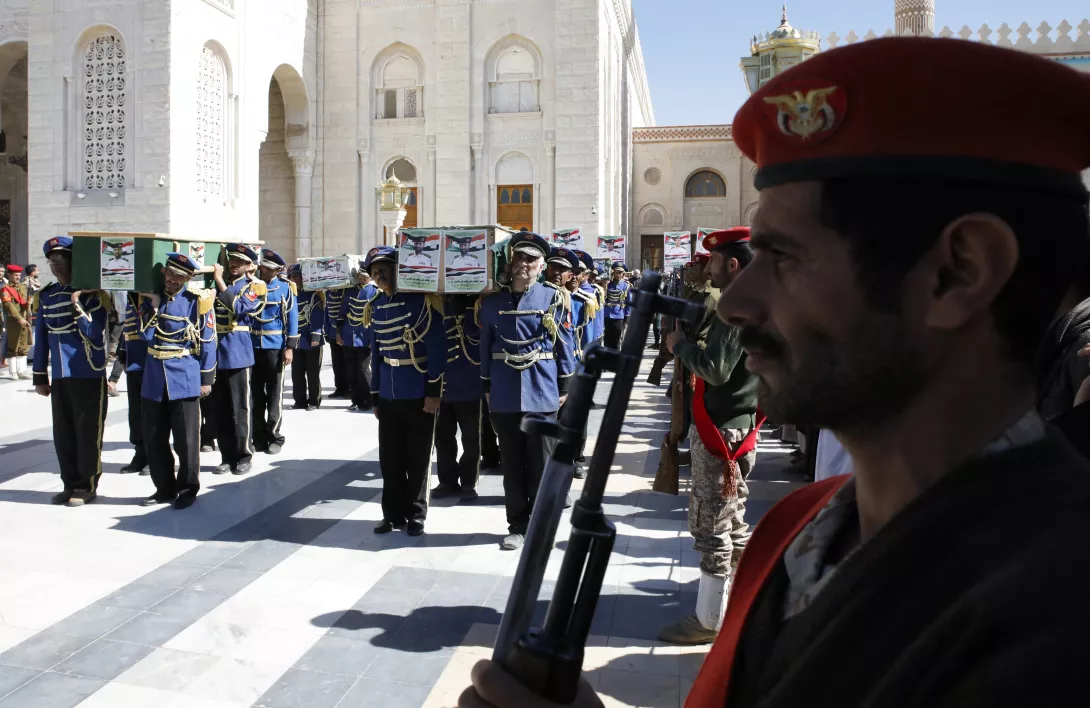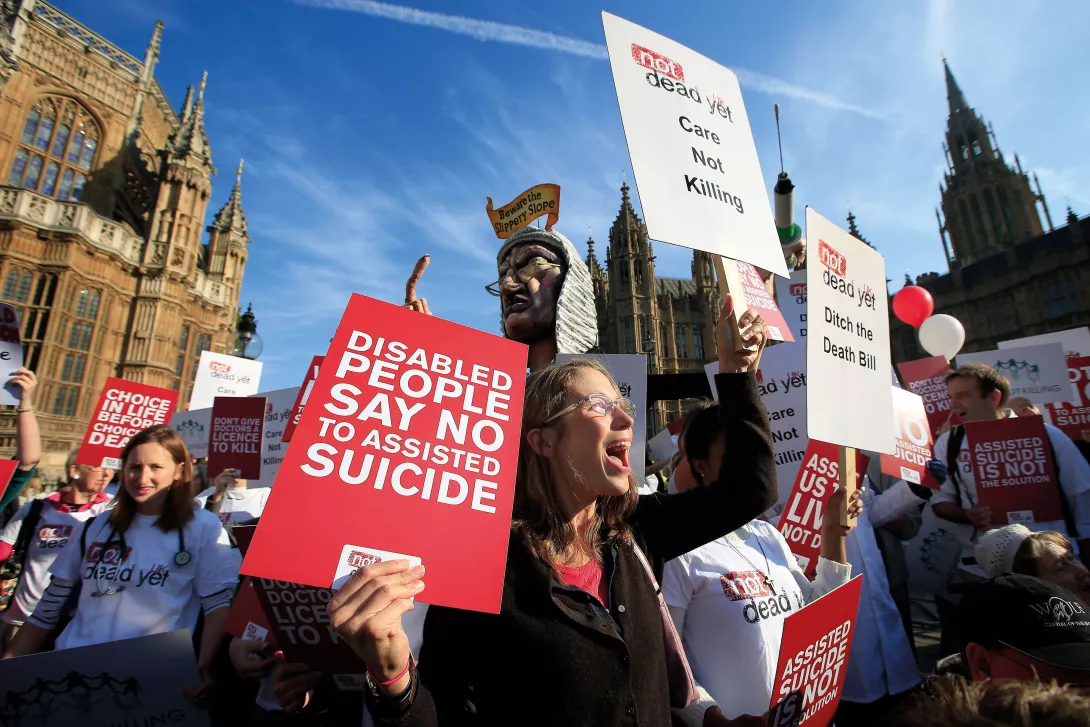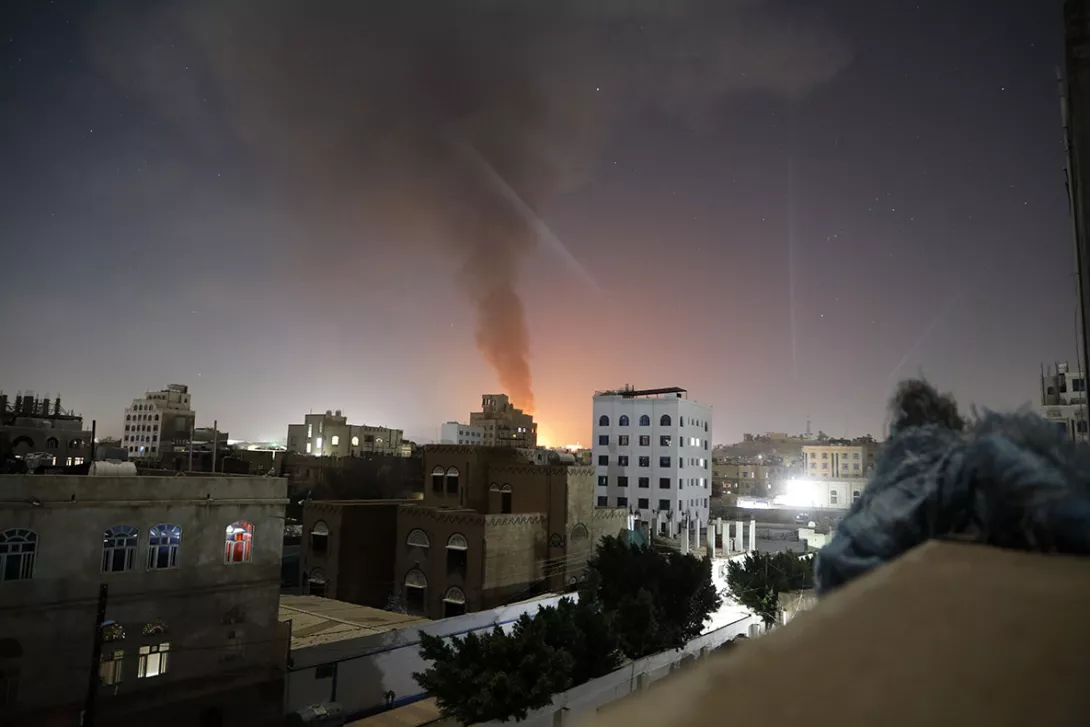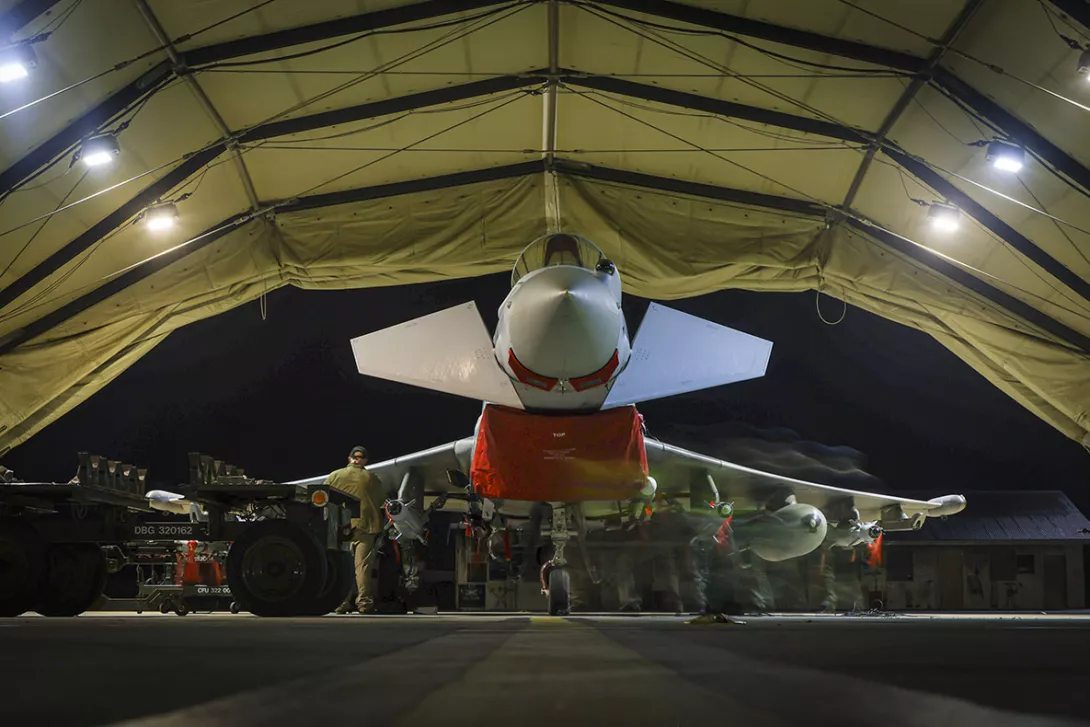
THE declaration that the US will continue to bomb Yemen means that the Biden administration has effectively declared war on the Houthis, who now control the country.
The British government’s parroting of this line of course means that we too are now effectively at war. In addition, this government has let the world know that any reckless adventure that the US initiates, British armed forces will put at their disposal too.
The conflict is part of the wider regional military struggle going on, with Gaza as the centrepiece. It is ludicrous for Western politicians to claim that action in the Red Sea and against Yemen are completely divorced from the onslaught in Gaza.
The Houthis have made the linkage explicit. And anyone who claims that they are pursuing their attacks on some shipping on a whim, when they know and have experienced the fearful consequences, is an idiot. Or is treating their listeners as such.
In fact, the action against shipping in the Red Sea is carefully targeted, with Israel-bound vessels targeted, along with US shipping and, in one instance, a British ship sailing under a Caymans flag. It is seen, and clearly designed to be seen, as part of military effort to support the Palestinians.
The Western allies of Israel, led by the US and Britain, are in denial about Gaza being the source of the conflict in the Gulf precisely because they do not want to be seen as acting as the naval protection force for Israel. But this is exactly their current role.
The US goes beyond this and is now engaged in a series of attacks on positions inside Syria and Iraq. This has led to tit-for-tat actions on both sides. It is notable that both the US and Israel have so far not engaged in any major attacks on Hezbollah positions in Lebanon. Any such attack has the potential to light the whole regional tinderbox.
But the US wars do not stop there. In addition to the ongoing war in Ukraine, the US is increasingly threatening both Iran and China.
It is quite possible that, if there is a change of US president, there will also be a change of priorities with these three longstanding US targets. But the belligerence and aggression will not diminish.
No-one ever mistook Donald Trump for a peacenik, and he is not at all an isolationist either. His administration produced the Abraham Accords and moved the US embassy to Jerusalem. The success of that policy can be gauged precisely from the current devastation in Gaza as well as growing resentments across the region.
Naturally all of this poses a dilemma for British foreign and military policy. Recently we have witnessed the bizarre and comical spectacle of Grant Shapps threatening all-out war with Russia, as well as war with Iran and China.
This is delusional, longings of empire stuff. But this mentality has dangerous real-world consequences.
The parlous state of the British economy and the military power that rests on it means that Britain is in in no shape to be threatening even one of these countries on their own, let alone all three together.
What Shapps’s statement really means is that this country is prepared to go to war with any and all of these countries if that is what the US demands. That is an extremely subservient and dangerous position to put this country in.
It is risky enough under the current US administration. The recklessness and bombast of Trump means that anyone following him might find themselves heading towards the cliff edge very rapidly. It has already become quite commonplace for Nato officials and ministers of Nato countries to talk about the prospects of World War III. The cliff edge is a nuclear one.
It should be noted that, whatever anyone thinks of the regimes or systems in China, Iran and Russia, none of them are making these threats.
At the same time, US war fever seems to be contagious. In response to a long-running border dispute between Venezuela and Guyana, Britain has sent a naval vessel, HMS Trent, to Guyana.
The attachment to gunboat diplomacy runs deep. It should hardly need saying, but this country has no business sending a gunboat to former colonies, or countries where it has participated in coups and sanctions. British hands should be off Venezuela.
The glaring contradiction between this imperial posturing and actual British military capabilities needs to be resolved. There is already a concerted campaign emanating from the US State Department for much greater British military spending. It runs from Washington DC through the front benches of the major parties, the military top brass and to pro-war commentators.
As unrepresentative as this is, it must be recognised as a powerful lobby.
Yet we are repeatedly told that “there is no money left” for essential public services. Wes Streeting was repeating the right-wing mantra this week on funding for the NHS.
It would be completely unacceptable for the exception to the ongoing austerity policy to be military spending. None of the countries identified represent a real military threat to people living in this country. Not China, Iran nor Russia, and certainly not Venezuela. The Houthi threat to British shipping is clearly because this government decided to follow the US down the path of war.
In reality, the predictions of far wider wars are all offensive threats, that war will be conducted on or adjacent to China, Iran or Russia. No-one, not even the generals campaigning for more funds and recruits, seriously suggests that these wars will be fought on British soil.
However in the era of inter-continental ballistic missiles it is completely reckless for this country to make itself a target by being the faithful aide-de-camp of the US war machine.
Currently we do not even have proper flood defences or protections against cyber attack in our key infrastructure and public services. We would only ever find out how inadequate our genuinely defensive military capabilities are once we have provoked a US enemy into an armed response.
Meanwhile our NHS is being decimated, our schools are full of Raac and asbestos, the waterways full of crap and we spend more cancelling new transport infrastructure than we do in building it. New homes are not being built at anything close to the growth in need.
We must oppose this war agenda, which is dangerous to people across the world, as well as to people in Britain.
Diane Abbott is MP for Hackney North and Stoke Newington.
